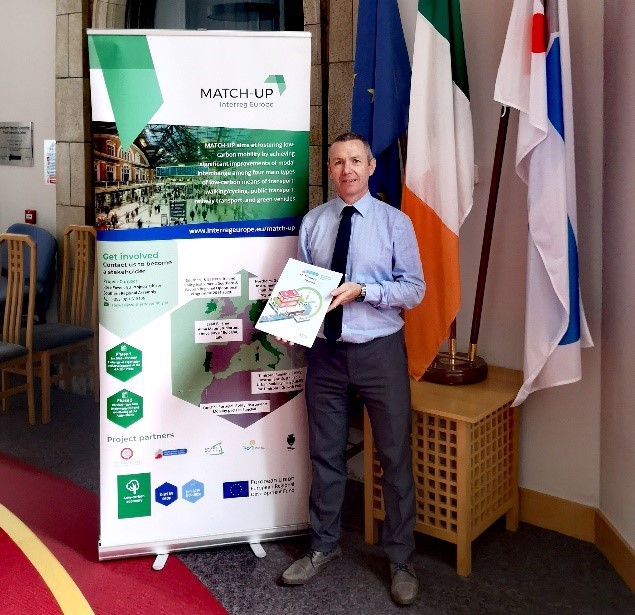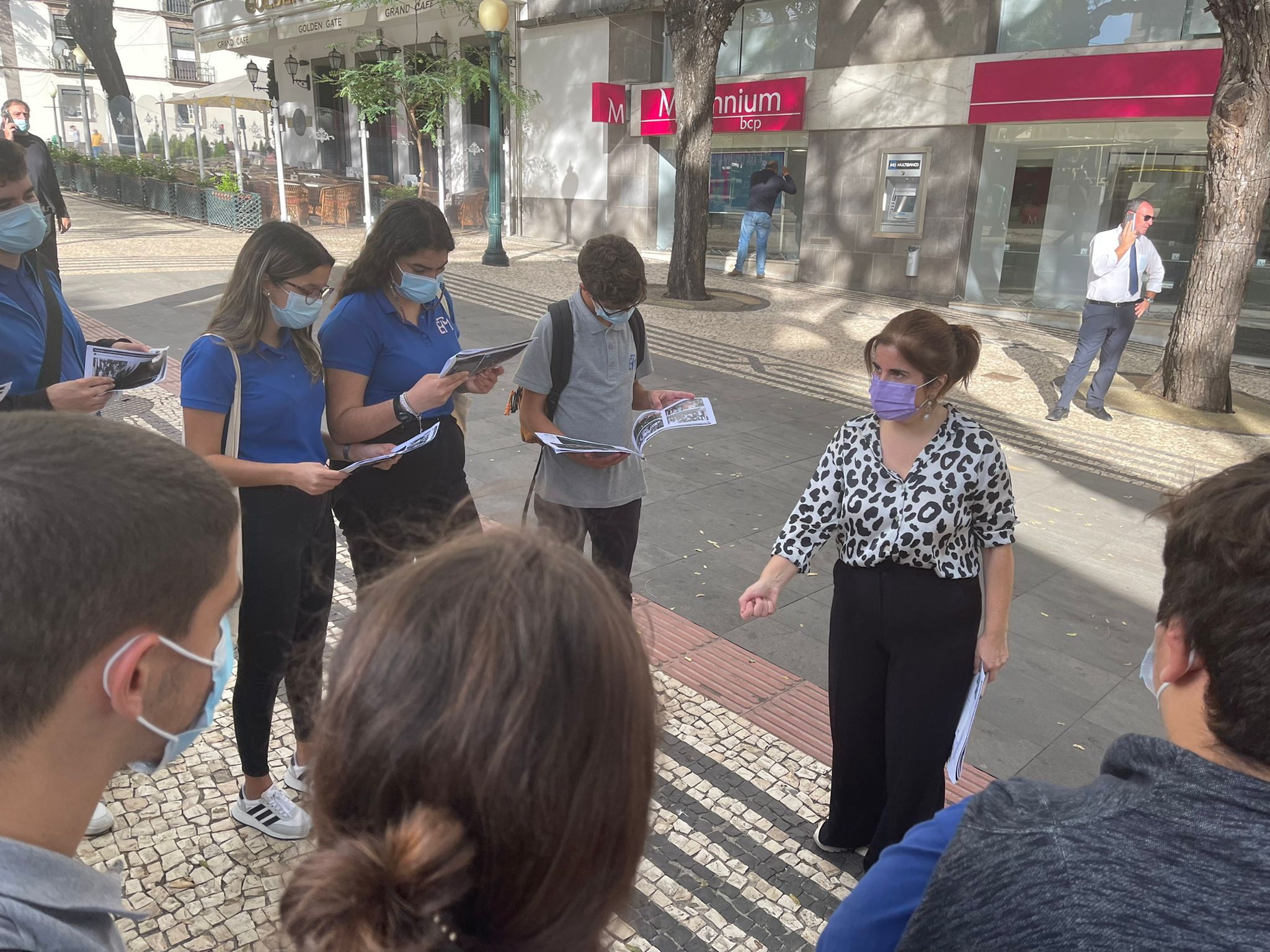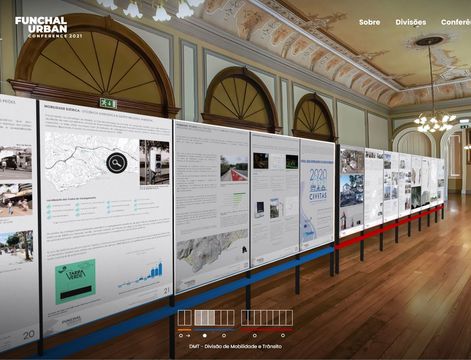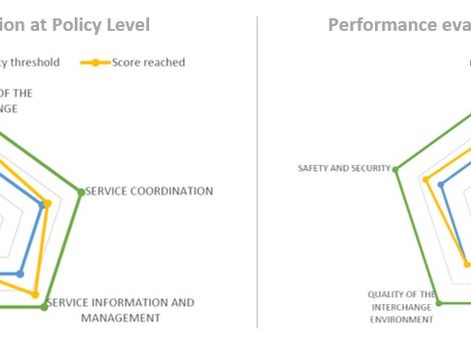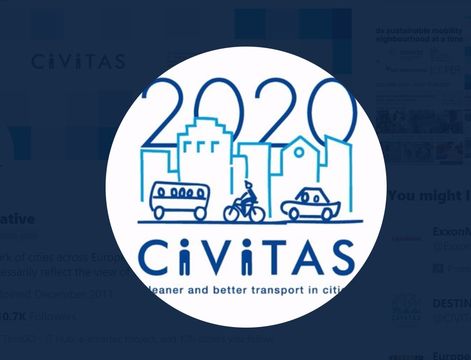The current corona pandemic has triggered extreme restrictions for everyday life all over the world. The corona outbreak has posed a huge challenge also for Germany: privately and economically. Among other sectors of the economy, public transport is also suffering from massive changes. The protective measures implemented by the federal and state governments have radically changed mobility behaviour. Contact reduction, home-office requirements and the temporary school closures have resulted in an almost 90% drop in demand for transport services, especially in rural areas, which are mainly oriented towards school trips.
In the coronavirus crisis Google publishes an evaluation of anonymised movement data. Each COVID-19 Community Mobility Report is broken down by location and displays the change in visits to public places like pharmacies, grocery stores, parks, etc.. The current development of the behavioural trends in Lower Saxony can be illustrated as follows from the Mobility Report: from the end of February to the beginning of April the number of visitors in the Leisure and retail sectors fell by 58%. The reasons for this are the general closures of certain institutions such as museums or theatres, but also the restrictions in the gastronomic sector. The Grocery & pharmacy sector also recorded a 17% reduction over time. In addition, social distance has a “negative” effect on the density of people at public transport hubs such as bus and train stations, subway. The mobility trends here have fallen by 37%. This development should be related to increase home office requirements and reduced commuting, as mobility in terms of work activity was reduced by 29%. Only an extreme increase of 89% in the demand for mobility is clearly visible in the area of public places like national parks, dog parks, public gardens. The reason for this is the possibility to stay in such public places taking into account established precautions.
Following a relaxation of the current regulations, numerous questions arise regarding the organisation of daily traffic. Many problems that were not solved “bevor- corona-time” are currently being exacerbated and new trends must be taken into account. Accordingly, suitable strategies to solve medium- and long-term effects of the crisis in the public transport sector must be developed and implemented as quickly as possible.
The Regional Transport Authority (ZVSN), responsible for road-bound public transport in the counties of Northeim, Göttingen and Holzminden, invites interested persons to the specialist seminar “Designing a traffic turnaround: from theory to practice” on May 19th, 2020. The perception of mobility as a central social and climate policy issue is constantly growing. But sometimes it seems as if there is a gap between theory and practice, which makes implementation, especially permanent implementation, difficult. The specialist seminar will show how new theoretical mobility approaches can be converted into permanent mobility offers. Speakers from politics, administration and practice will report from their perspective on how this can work. The event takes place from 12:00 to 17:00 in the "StartRaum" (Friedrichstraße 3-4) in Göttingen.


